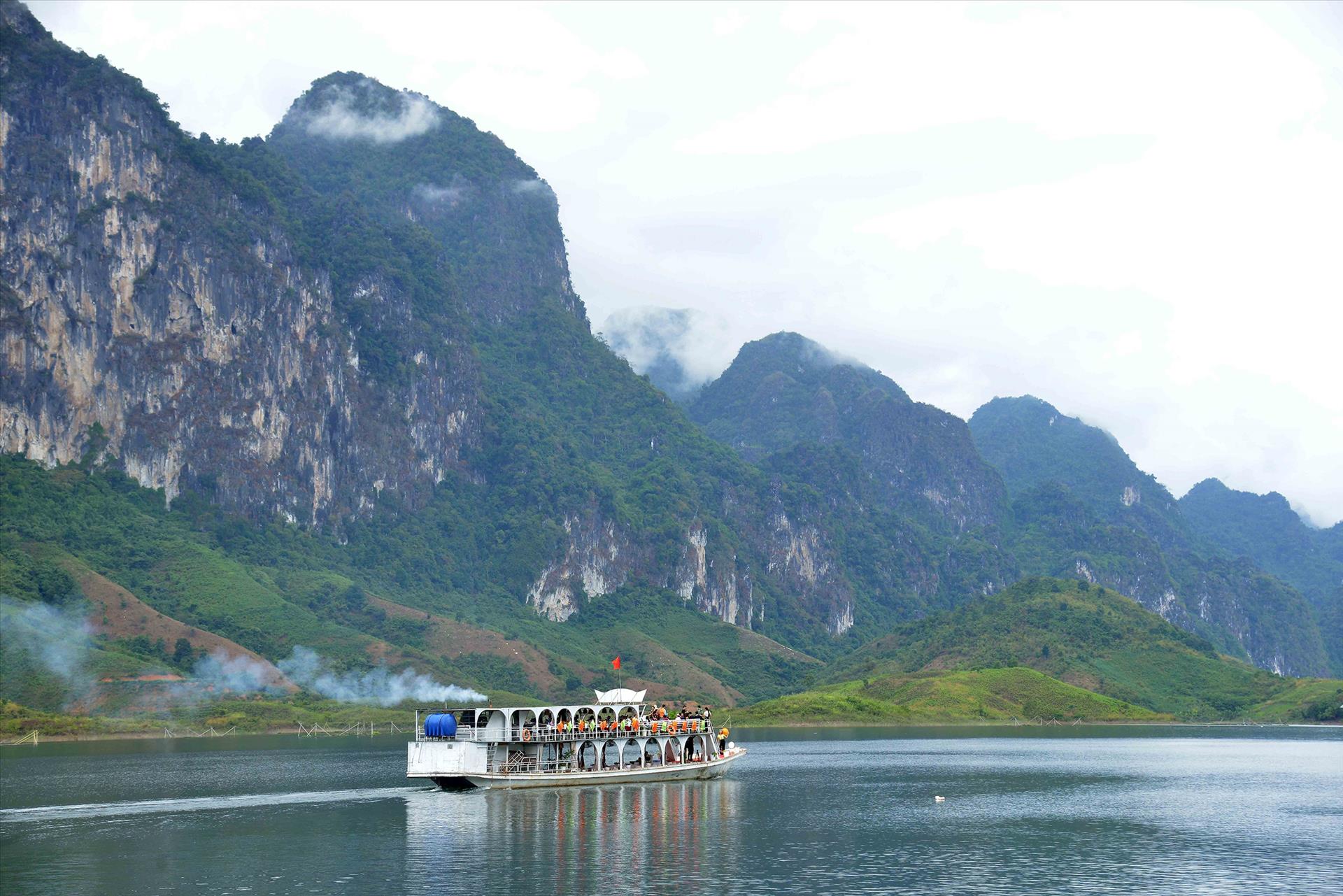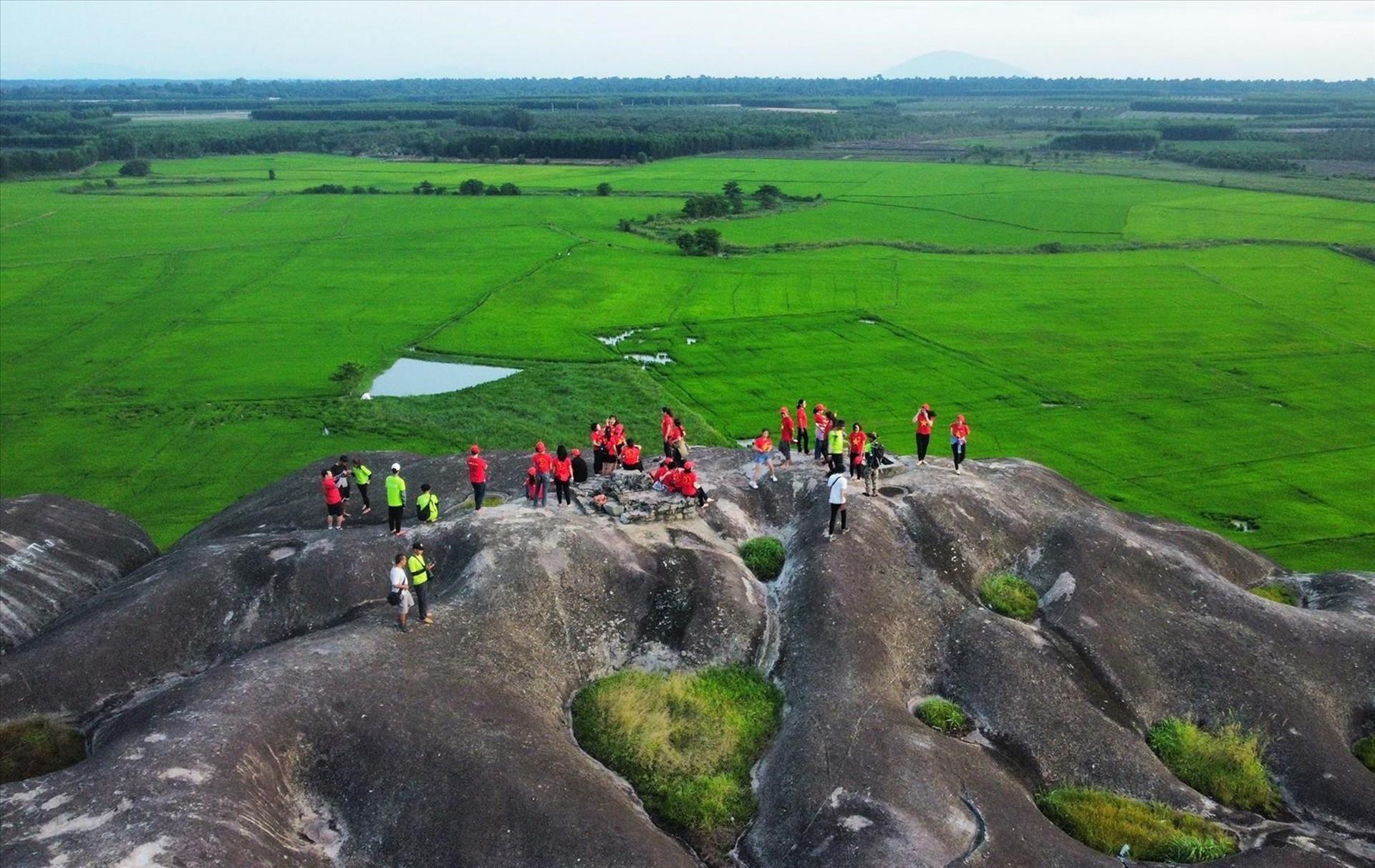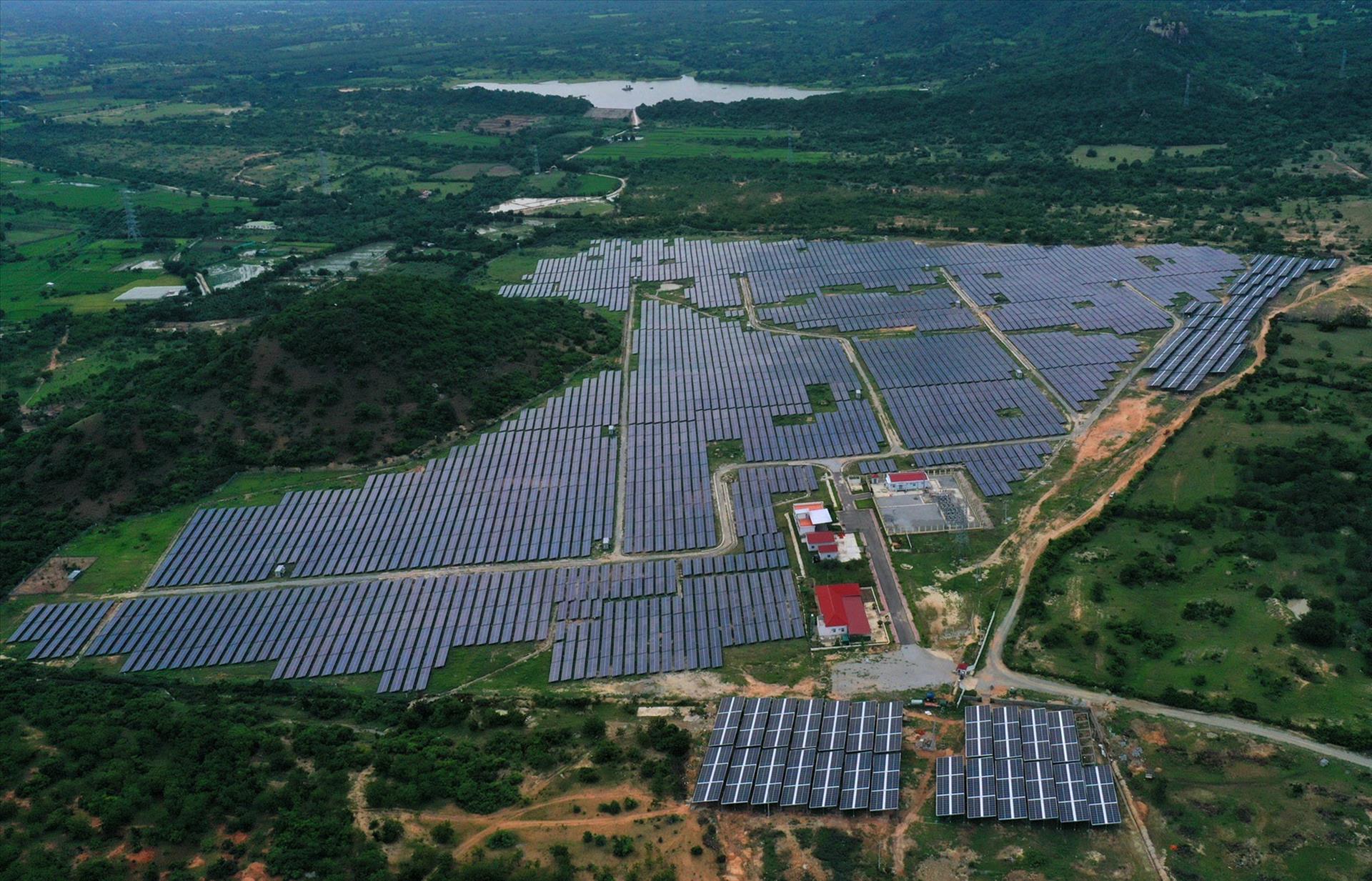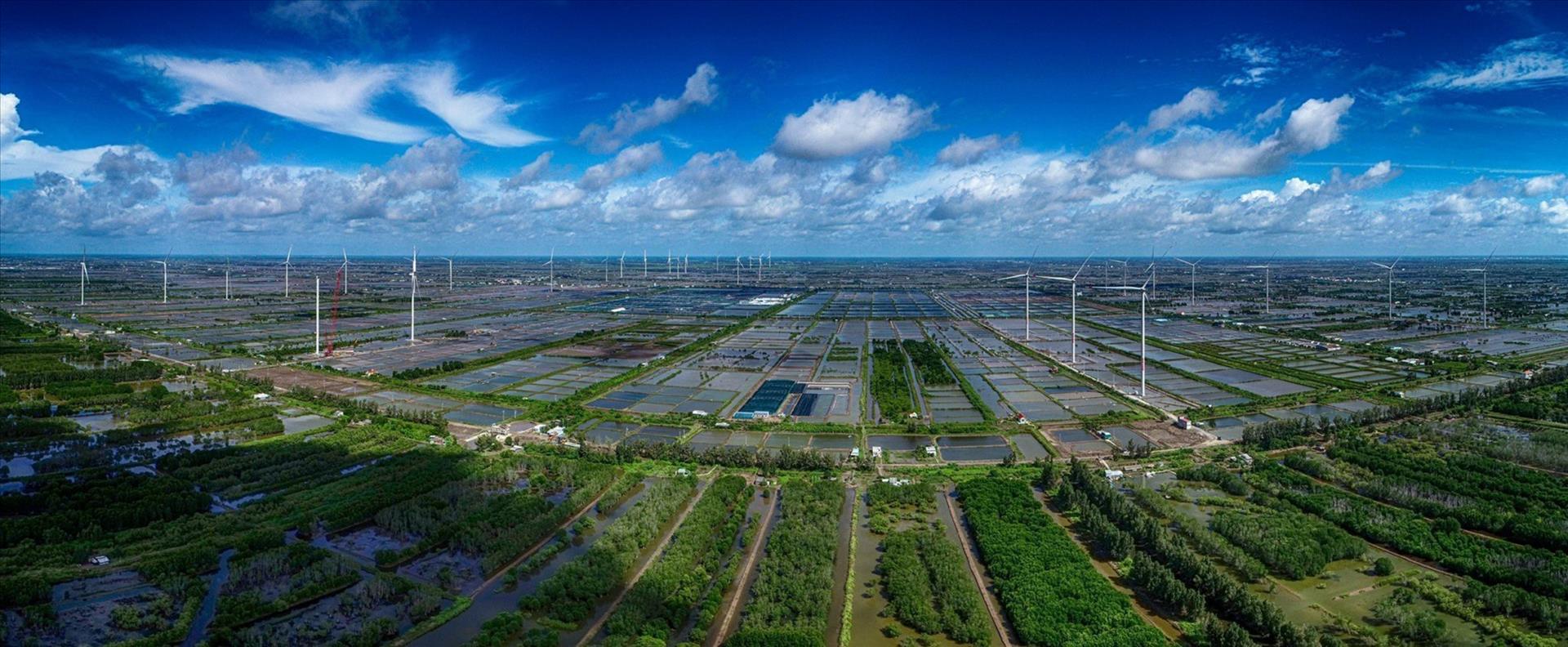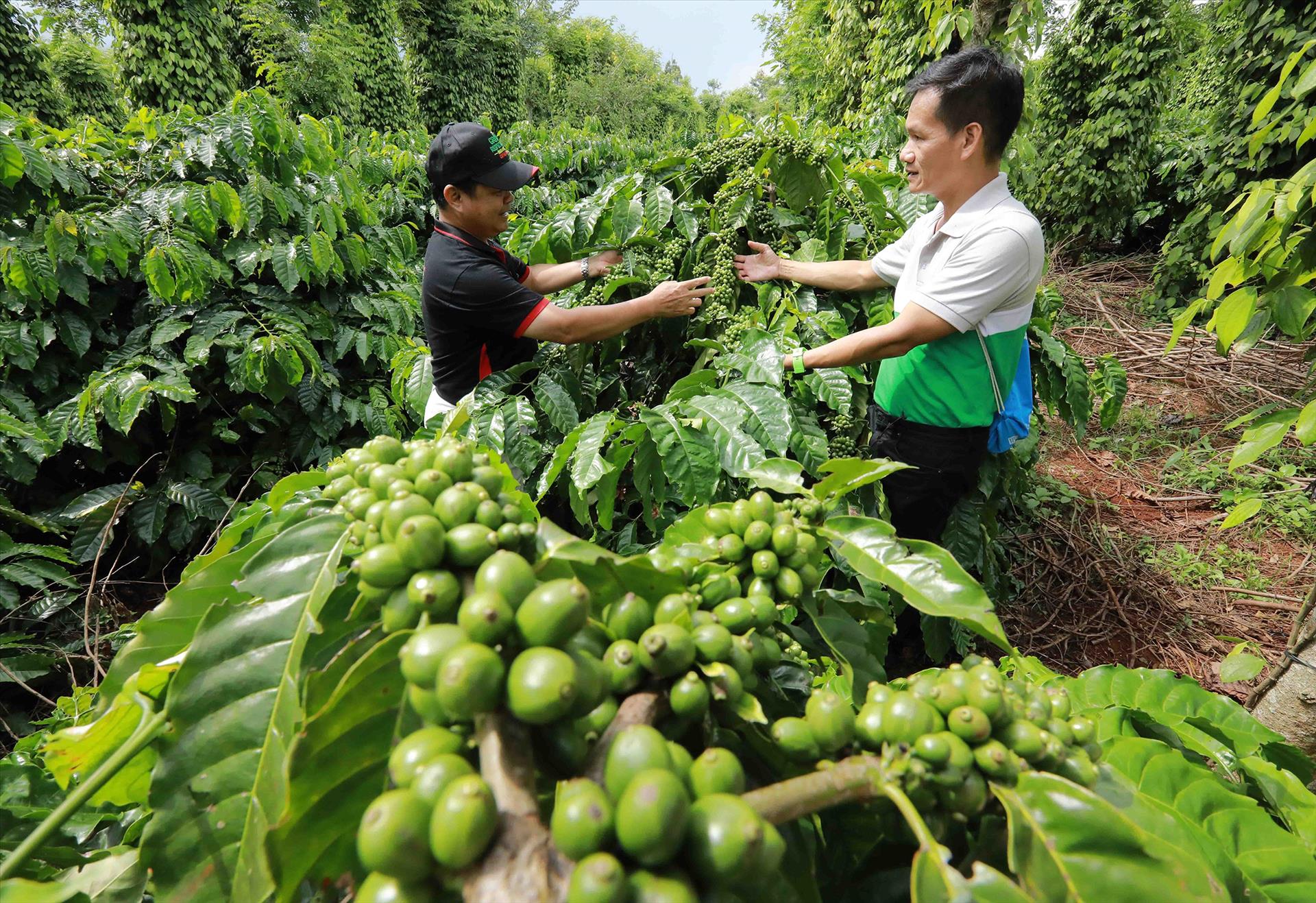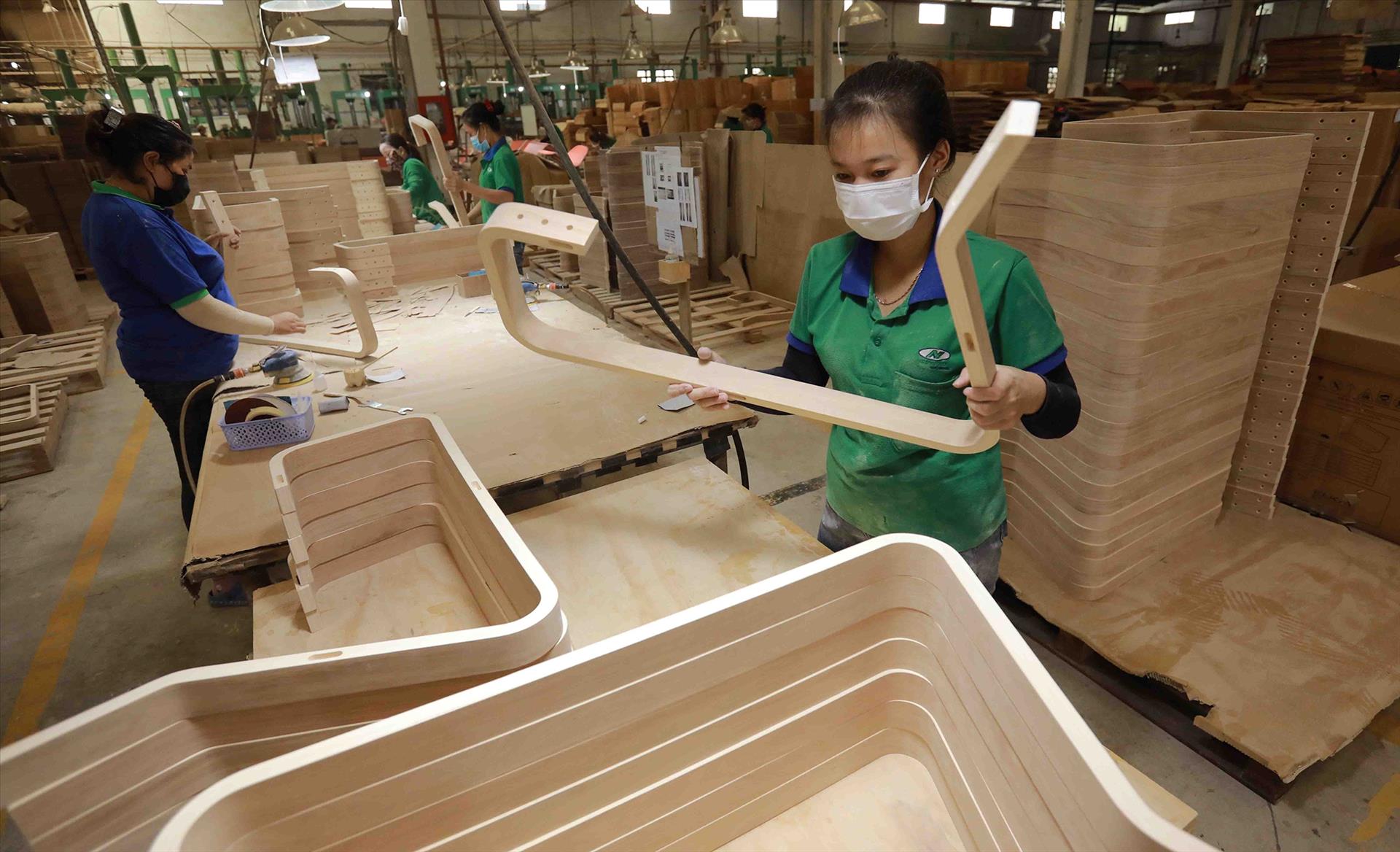Developing A Green & Circular Economy
The world is now witnessing compounding effects at an unprecedented scale and scope arising from three major catastrophes, namely the COVID-19 pandemic, climate change and natural resources depletion. These challenges have left dire and multidimensional consequences, not only for today but also for our future generations. Therefore, developing a green economy and a circular economy has become an inevitable trend.
The government of Vietnam has worked hard to promote its potential and accelerate the implementation of plans and strategies to achieve economic growth while maintaining environmental sustainability.
The Prime Minister issued Decision 1658/QDTTg approving a national strategy for green growth for the 2021-2030 period, with a vision toward 2050 and Decision No. 687/QD-TTg on approving the scheme for a circular economy development in Vietnam. After over 10 years of implementing a green economy, with the direction of the Party and the State along with the awareness of the social community about the importance of a green economy, Vietnam's economy has made remarkable progress. For example, production and consumption behavior has significantly changed and improved positively, more and more practical actions have contributed to the development of a green economy and people's lives are constantly being improved and enhanced with many urban areas emerging, and new rural areas are being formed.
To implement a green economic development, Vietnam has received concern, help, experience and support from international organizations and communities around the world, as well as attracting many sources of foreign direct investment (FDI) into a green economy and developing both a green industry and green energy.
A green economy is a combination of economic, environmental and social factors which is sustainable towards developing the life of a human social community and these activities are environmentally friendly.
In a green economy, environmental resources are an important factor that determines economic development, improves value chains, and brings stability and long-term prosperity. Environmental protection, sustainable management and use of natural resources, and response to climate change are considered key issues of a green economy. The State and the private sector focus on prioritizing investment in economic activities, infrastructure and construction that ensure the goal of reducing pollution and carbon emissions, improving efficiency in the use of resources and energy and preventing the loss of biodiversity and ecosystem services.
The statement to achieve net zero emissions by 2050 at the 26th United Nations Climate Change Conference of the Parties (COP26) demonstrates Vietnam's political determination and commitment in resolving the serious global challenges of climate, environment, and deterioration of ecosystems, towards a healthy planet. Vietnam will also take the opportunity to put the country on a green path, realizing the goal of becoming a high income developed country by 2045.
A circular economy needs cooperation between businesses, customers, suppliers and other participants in the value chain. According to the Vietnam Energy Outlook Report 2021, with its abundant solar and wind energy resources, Vietnam has the largest green transition potential in the region and will be a renewable energy hub in Southeast Asia.
In Vietnam, the trend of developing a green and circular economy appeared not long ago, but with its advantages, the country can develop a comprehensive green economy towards sustainable development, achieve the goal of harmonizing economic growth and ensuring social security and protecting the environment. This is considered an opportunity for sustainable economic development, bringing many benefits to the country, businesses and improving people's quality of life.
According to the World Bank (WB), Vietnam ranks eighth in the top ten countries with the highest investment in renewable energy in the world, with a total capital of 7.4 billion US dollars.
Story: VNP Photos: VNA & FILES Translated by Nguyen Tuoi
